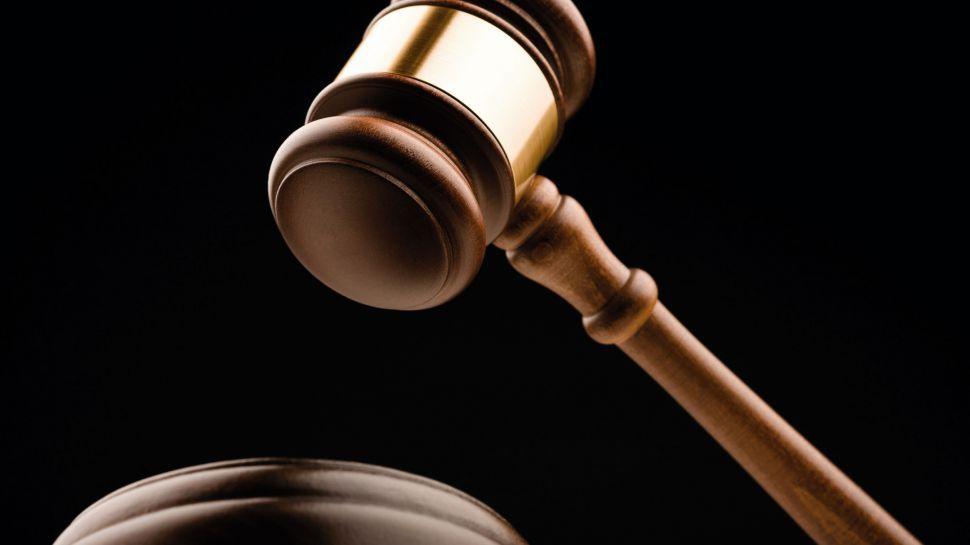- Huawei has won several court rulings in its legal disputes with Netgear
- The patents involved are crucial to the WiFi 6 technology used in Netgear’s wireless routers.
- Netgear produces the popular Nighthawk and Orbi family of products
Huawei has scored a series of legal victories against Netgear in its ongoing patent disputes over WiFi 6 technology, and the latest development could have far-reaching implications for Netgear’s operations across Europe.
As reported by intellectual property activist Florian Mueller, the Unified Patent Court (UPC) recently granted Huawei a multinational injunction against Netgear, following a ruling in its Munich Local Division.
This decision, centered on an essential patent of the WiFi 6 standard (SEP), applies to seven countries, including Germany, France and Italy. Mueller says this is one of the most commercially impactful rulings in UPC’s history regarding SEPs.
Netgear faces a difficult decision
Netgear, a major American router brand best known for its Nighthawk and Orbi products, has been defending itself against Huawei’s claims but faces growing challenges. A new ruling by the Munich Regional Court I, scheduled for January 9, 2025, could complicate matters even further. In this case, Huawei is asserting another WiFi 6 SEP, which seems likely to be considered valid and infringed, according to court proceedings.
Netgear’s defenses are based on arguments related to FRAND (fair, reasonable and non-discriminatory) licensing obligations and patent exhaustion. However, Mueller says the court has historically been skeptical of such defenses unless they are supported by strong evidence. Patent exhaustion, which Netgear hoped would protect devices using Qualcomm chips, has limited applicability. According to the UPC ruling, the exhaustion defense only applies if Qualcomm chips were first sold within the European Union, which created manufacturing and logistical obstacles for Netgear.
The ramifications extend beyond Netgear, as the decision reinforces the UPC’s stance on SEP and FRAND obligations. The court has emphasized that implementers must constructively engage in licensing negotiations and, in some cases, accept collective licensing offers. Netgear’s rejection of a consortium license, combined with its litigation strategies, has not helped its position.
With enforcement of the court order imminent, Mueller says Netgear faces a difficult decision: negotiate a license or risk further legal and operational setbacks. This case not only highlights the complexities of the application of the SEP in Europe, but also sets a precedent for similar disputes in the future.




